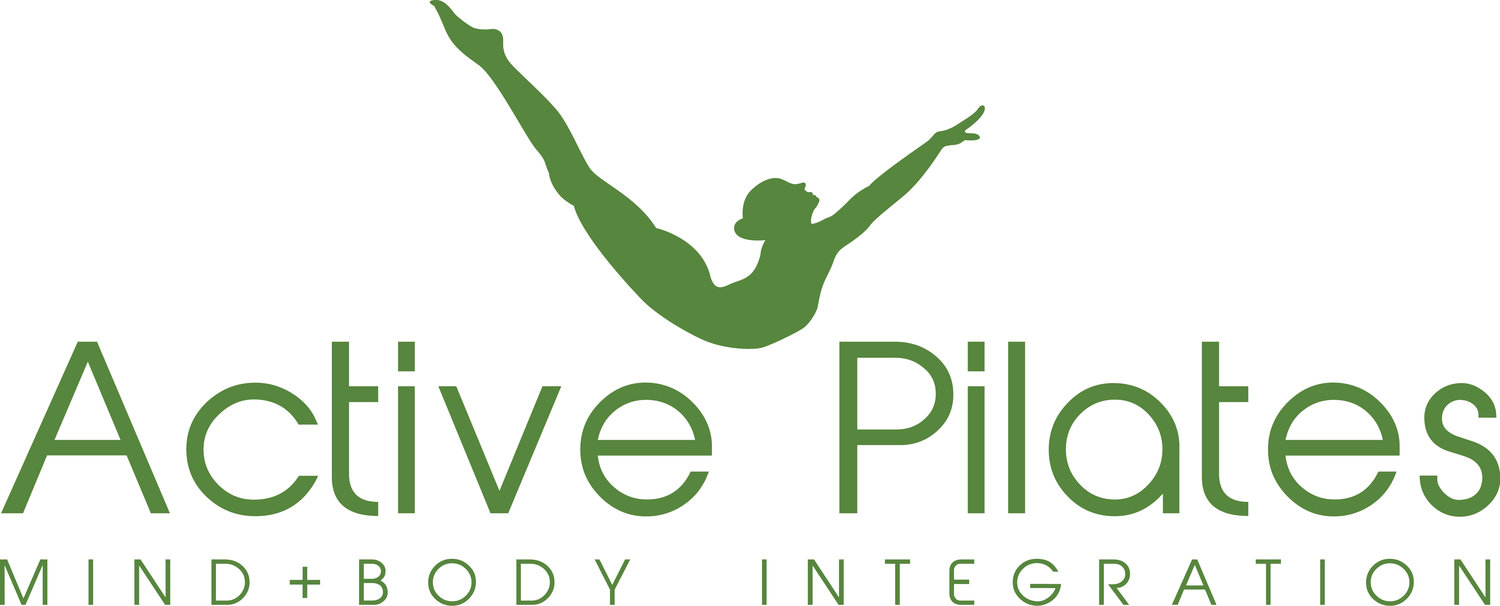Pilates and pregnancy | Is it safe and what are the benefits?
Pregnant? Congratulations! Whether it’s your first or your fifth (!), there’s both anticipation – and a little trepidation - as your body and mind is put to the test. To support you through your 9 months – and beyond – I recommend a routine of low-impact Pilates as the perfect exercise for expectant mums.
Preparing your body for the journey
If you already do regular Pilates, you may need to modify your practice. As your body changes, it’s important to avoid strenuous workouts.
Hormonal changes during pregnancy lead to a loosening-up of your ligaments. This loosening is all about preparing your body to carry and give birth to your baby. But it can put strain on your joints.
You’ll have to avoid certain positions, like lying on your back, especially as your tummy grows.
As always, it’s important to drink plenty of water before, during and after your Pilates classes. And wear a supportive bra.
Before starting on any new exercise regime, always check first with your GP, obstetrician or supporting midwife.
5 benefits of doing Pilates when you’re pregnant
1. Maintains your strength and ease of movement
Pilates will help maintain your overall fitness, increase your strength and flexibility throughout your pregnancy. Pilates exercises that strengthen your pelvic floor will help support your growing body. It will also help you ‘bounce back’ after your baby is born.
Exercises which strengthen your leg muscles will also improve circulation and help prevent or minimise the effects of muscle cramps and fluid retention – both common in pregnancy. Pilates is all about encouraging great posture and helping you move more easily. This is especially important when you’re in your third trimester and the simple task of getting out of bed becomes a challenge.
2. Supports your back and reduces back ache
A strong core helps maintain your posture and support the extra weight as your baby grows. It will also help prevent and alleviate backache, a common complaint during pregnancy.
3. Guides you to use your breath for better control
During birth, your breath is the key to maintaining good control. It can even help manage your pain. Learning to control your breathing is an important part of Pilates practice. Learning to breath as deeply as you can, while your baby grows, will also help loosen any constriction you may feel.
4. Sharpens your concentration
As you prepare for your baby and the ‘happy upheaval’ they’ll bring into your life, it’s especially important to focus you mind on what’s important. Pilates practice demands that you concentrate on each movement – carefully and mindfully. Concentration leads to clarity of thought. Being able to look at things calmly and positively - very important during and after pregnancy!
5. Pilates helps you maintain a healthy weight
It’s tempting to get stuck into a bit of comfort food when you’re pregnant. But having a healthy diet and staying active is important throughout your pregnancy. Regular Pilates practice is an excellent way of keeping active and maintaining a healthy weight.
When pregnant, take care and follow your Pilates instructor’s advice
Careful one-to-one supervision during your Pilates practice is even more important during pregnancy. You may need to alter your Pilates practice as your pregnancy progresses. It’s crucial to make sure you’re not putting strain on your changing body. Your Pilates instructor will advise you on the positions to avoid, as well as the exercises you need to prepare your body for the big event.
Finally, listen to your body and do what feels good.


